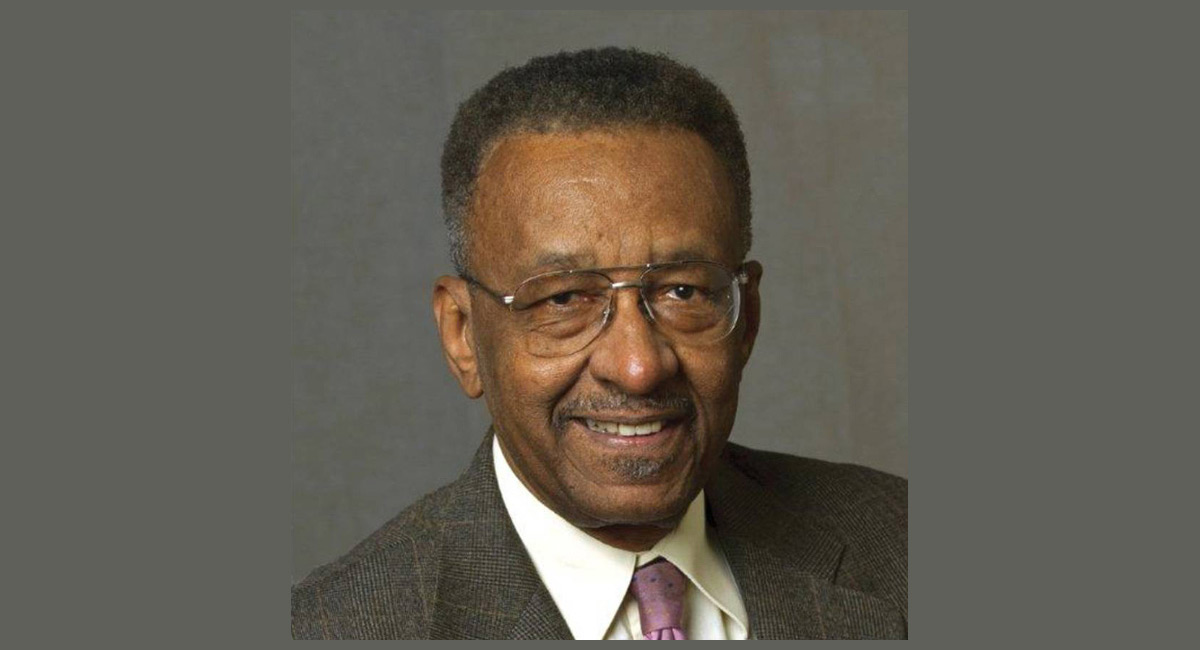“Do you know Walter Williams?” It’s a question that I must have been asked at least a dozen times after arriving in Lubbock, almost eight years ago, to start Texas Tech’s Free Market Institute. After his passing last week, at age 84, I’m as fortunate now, as I was then, to be able to answer that, “Yes, I did know Walter Williams.”
Nearly everyone in Lubbock knew Walter Williams, at least a little bit. Williams’ weekly syndicated op-ed column was carried on these pages in the Avalanche Journal for the last 15 years and he could be frequently heard as a substitute guest host for Rush Limbaugh on KFYO.
Upon arriving here, it became obvious that Lubbockites didn’t just know of Walter Williams, many loved him. His advocacy for free markets, limiting government, and taking personal responsibility resonated strongly with West Texans. So, sometime around the dozenth time I was asked if I knew him, I invited Walter to Lubbock to speak at the Free Market Institute’s first headliner public event.
Walter was gracious in his response but also let me know that “As a result of my low tolerance for the TSA people, I have given up commercial travel. That means I’d require private jet travel.” Fortunately, Chancellor Kent Hance arranged for a generous Texas Tech alumnus to send their private jet to pick Williams up.
More than 900 Lubbockites packed Texas Tech’s Allen Theater to hear Williams lecture on the Role of Government in a Free Society in September 2013. Barnes and Noble sold out of Williams’ books at a signing before the talk. The warmth and appreciation Lubbock showed Williams in 2013 and again in 2017 when he returned to lecture a second time at Tech was amazing.
Williams was known as “The People’s Economist” because of his ability to convey complex economic ideas in an understandable, and often humorous, way to normal people. But he was also an economist’s economist. That was the Williams my colleagues and I knew.
I did my graduate work at George Mason University, while Walter Williams was chairman of the economics department. Williams taught four of my other Texas Tech colleagues their Ph.D. course in microeconomics and another was a faculty colleague with Williams for nine years.
Williams was a master at employing the “economic way of thinking” to address virtually any topic. Nowhere was this more evident than in his teaching of graduate students. Economics programs across the country teach the technical tools of economics but there was no better professor than Williams at teaching the art of how to apply those tools to the real world.
I remember studying hundreds of Williams’ practice questions before a Ph.D. qualifying exam only to be thrown a curveball when he asked, “True, False or Uncertain: There is no economy in heaven. Explain.” Fitting, since Williams was known to say that “only him, God, and Armen Alchian” (his professor) could get a perfect score on his exams. Williams’ many practice questions remain on his website.
One of Williams’ most important scholarly books was The State Against Blacks (1982) which was later turned into the PBS documentary "Good Intentions." The State Against Blacks employs economic theory and statistics to show how many government programs and regulations—such as minimum wages, occupational licensure, taxicab regulations, welfare programs and public education—hurt Black people, their families, and their communities. Some of this research is updated in his more recent book Race and Economics: How Much Can be Blamed on Discrimination?, that we recently read with undergraduates in our McLane Teammates Reading Program at the Free Market Institute.
In one of William’s other most important scholarly books, South Africa’s War Against Capitalism (1989), he explained that apartheid was used to circumvent market forces in order to sustain economic advantages and privilege for South African whites. In his words, “South Africa’s apartheid is not the corollary of free-market or capitalist forces. Apartheid is the result of anticapitalistic or socialistic efforts to subvert the operation of market (capitalistic) forces.” People interested in learning more about Walter’s life and work should see the 2014 documentary, “Suffer No Fools.”
The world lost a great economist and champion of liberty last week when Walter died shortly after giving the last lecture of the semester in his famous microeconomics course. We at the Free Market Institute lost a friend and teacher. I know my colleagues and I are not alone in Lubbock in mourning the passing of Walter Williams. RIP.












